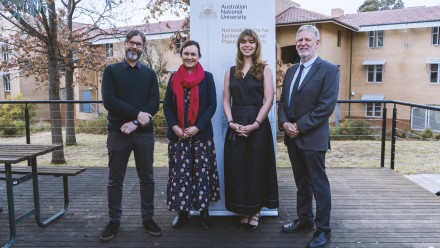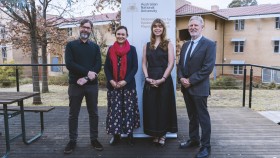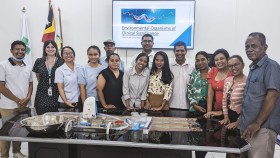Optimising disease detection in an interconnected world
Share
Infectious diseases pose a major threat to health security in the Asia Pacific, and it is crucial Australia builds local and regional capacity to respond to these threats.
Associate Professor Colleen Lau and team are answering this need with a project aimed at strengthening the detection and prediction of outbreaks of emerging infectious diseases, and the control and elimination of neglected tropical diseases. They have been awarded $1,562,250 by the National Health and Medical Research Council in the highly competitive Investigator Grants to undertake this study.
"As we have seen in recent weeks, disease outbreaks have the potential to spread extremely rapidly around the world and cripple society in many ways. Effective surveillance systems are crucial for detecting outbreaks early, so that we can respond more quickly and effectively,” says Lau.
Lau will use cutting-edge technologies and analytics to develop interactive, dynamic and user-friendly decision support systems that optimise surveillance and control of infectious diseases.
In assessing how an outbreak might progress, for example, the team would use a combination of spatial analytics, social networks, and different types of models to predict how many people might become infected at different times and in different places.
This optimisation of surveillance will support decision makers to quickly translate information into policy and practice. This is particularly relevant in resource poor settings, where practical and user-friendly decision support systems are needed.
"In a globalised world, disease surveillance is only as strong as the weakest link, so Australia needs to continue to provide support to less resourced countries, especially in the Asia Pacific region," says Lau.











